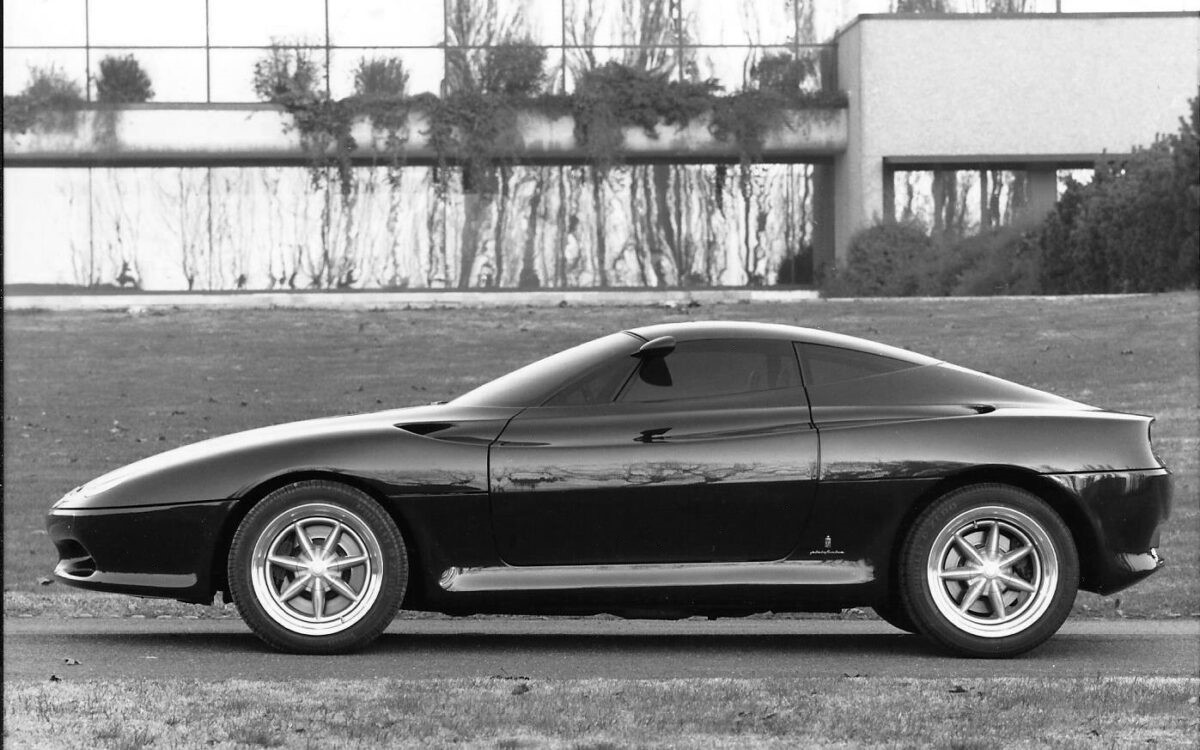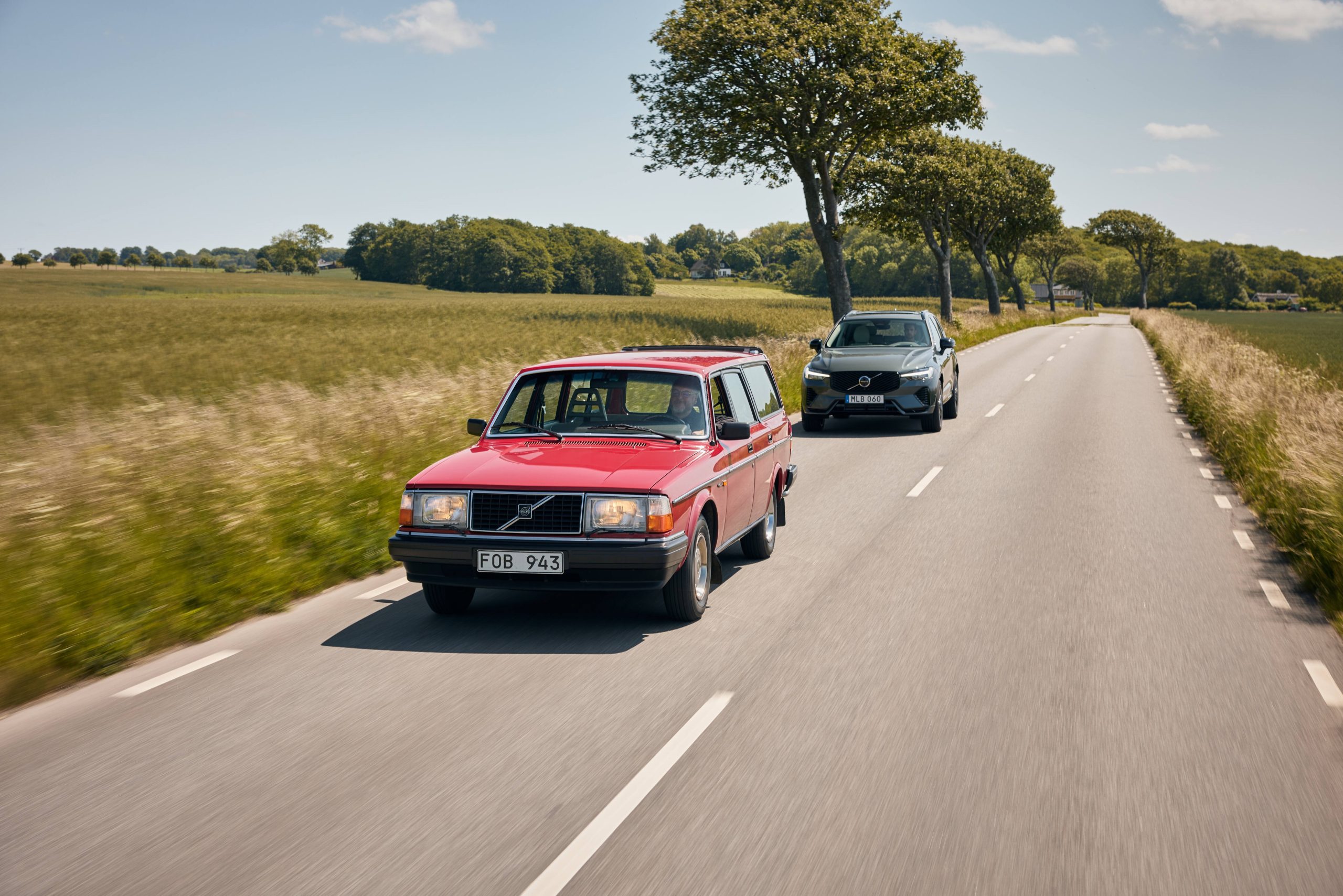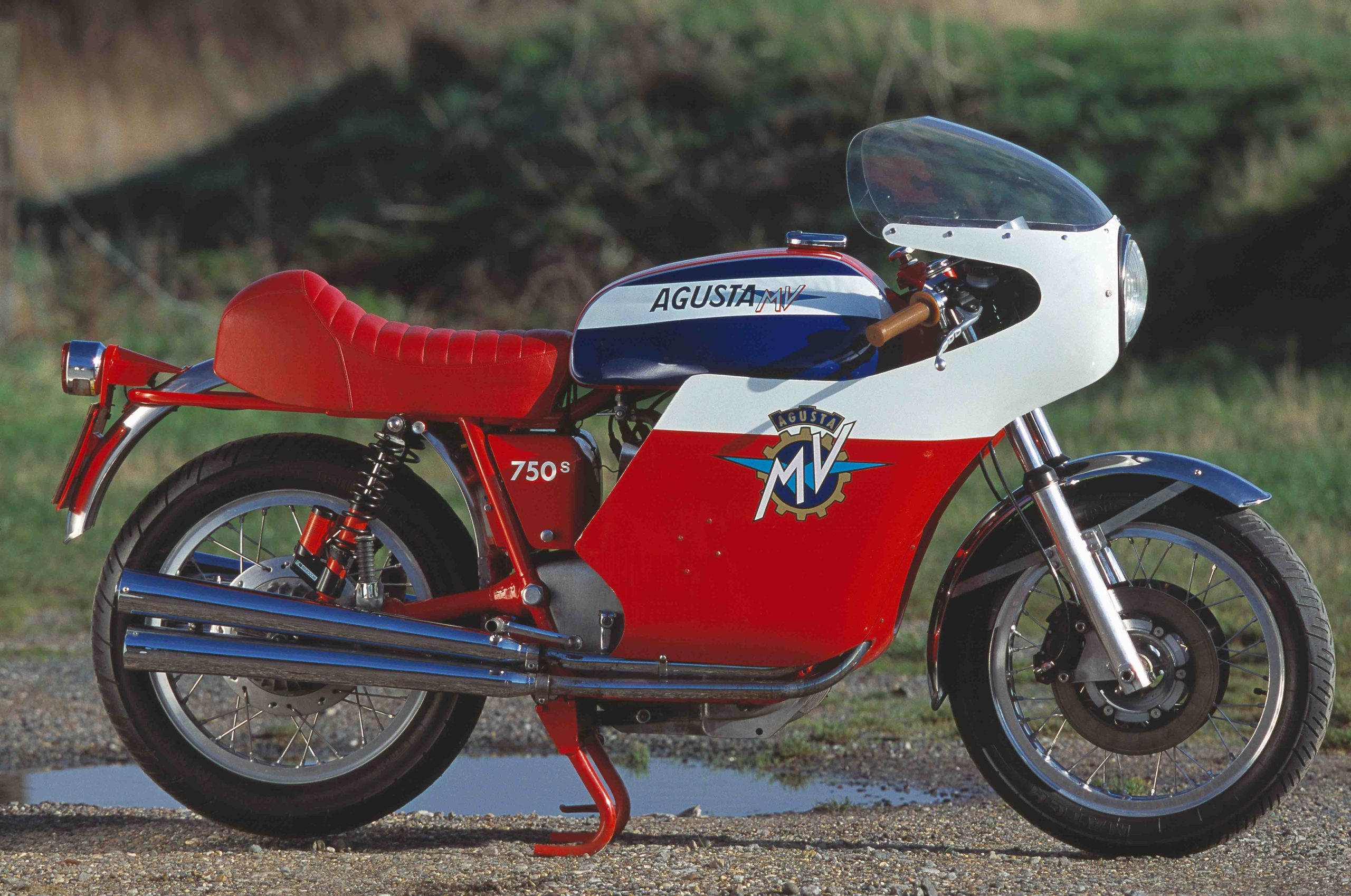Britain’s tranquil backroads hide a dirty secret – litter. Why are so many drivers so selfish? And what can we do to stop our roads becoming a rubbish dump? James Mills invites answers.
I can’t walk in a straight line – and it’s nothing to do with my advancing years or the local pub.
Litter is all around me. On the road, in the verge, and so spilling out of hedgerows it’s a wonder the robins, blackbirds, and bluetits have room left for nesting.
In our neck of the woods, the Kentish countryside is deemed worthy of “Area of Outstanding Natural Beauty” status. But try telling that to the drivers who pass up and down our country lane, windows open and ejecting litter.
Judged on my daily dog walks and all-too-infrequent runs, the No. 1 drink of choice among our local litter louts is lager. It’s alarming but hardly surprising. The penalty is rightly severe but the chances of being caught driving under the influence on a rural lane are considerably less than you or I winning the lottery.
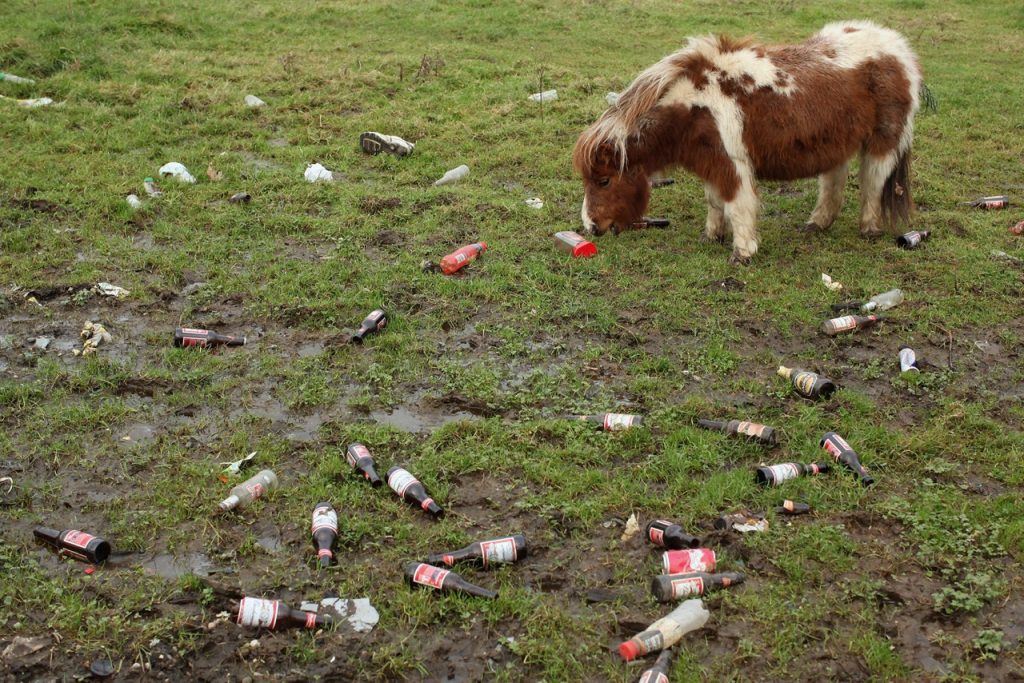
The beer of choice being lobbed onto the roadside doesn’t come from one of the middle-class craft breweries that are only outnumbered by the volume of potholes on our roads. This is the stronger, nastier stuff from the local petrol station or budget supermarket.
Next on the litter lout wall of shame is Red Bull. There are hundreds of millions of Formula One fans around the world, and plenty in Britain, too. They worship at the feet of Red Bull Racing, admire its teamwork and can-do spirit, its technical innovation, its ability to stay ahead of the chasing pack, and its pair of drivers with more character than most of today’s paper-bag-vacuous efforts.
Yet when people buy one of those cans of sickly energy drink for a quick pick-me-up, the only skill they seem capable of demonstrating is throwing the empty can through a half-open passenger window.
Then it’s bottled water. At least, water originally made up the contents, but occasionally some lovely soul will drink the water, flush it through their system then return it – fully filtered – to the bottle.
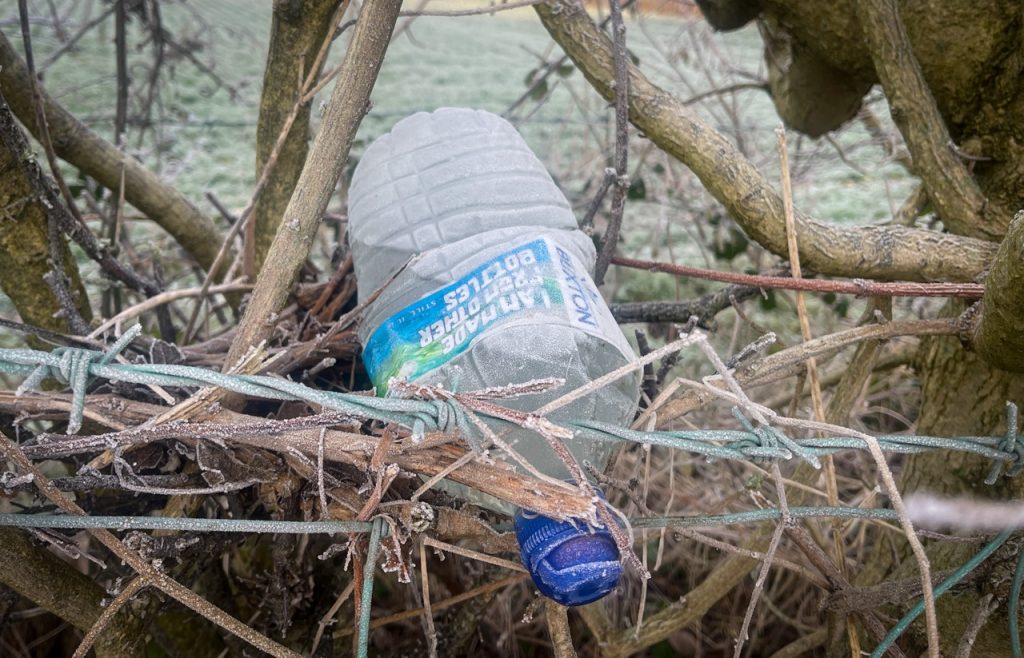
Did you know that 7.7 billion plastic water bottles are consumed in the UK each year? And that 700,000 of them are chucked into hedgerows or dropped on verges and pavements, every… single… day?
Heaven knows what happens to the vapes and cigarette butts that make their way into the undergrowth, never to be seen again – but doing all manner of unseen harm to the natural environment. According to the Hygiene Council, ours is the dirtiest developed country in the world. About 122 tonnes of cigarette-related litter are dropped every day.
Polls show it’s young drivers who are the worst culprits, with 64 percent of 18-to-24-year-olds admitting to littering, compared to just 10 percent of drivers aged over 65. Yet this is the generation lecturing their elders about protecting our environment for future generations.
A Freedom of Information request made by Clean Up Britain to 169 councils in England and Wales showed the majority (56 percent) issue less than one fine a week for littering; more than two dozen (16 percent) haven’t issued any fines at all.
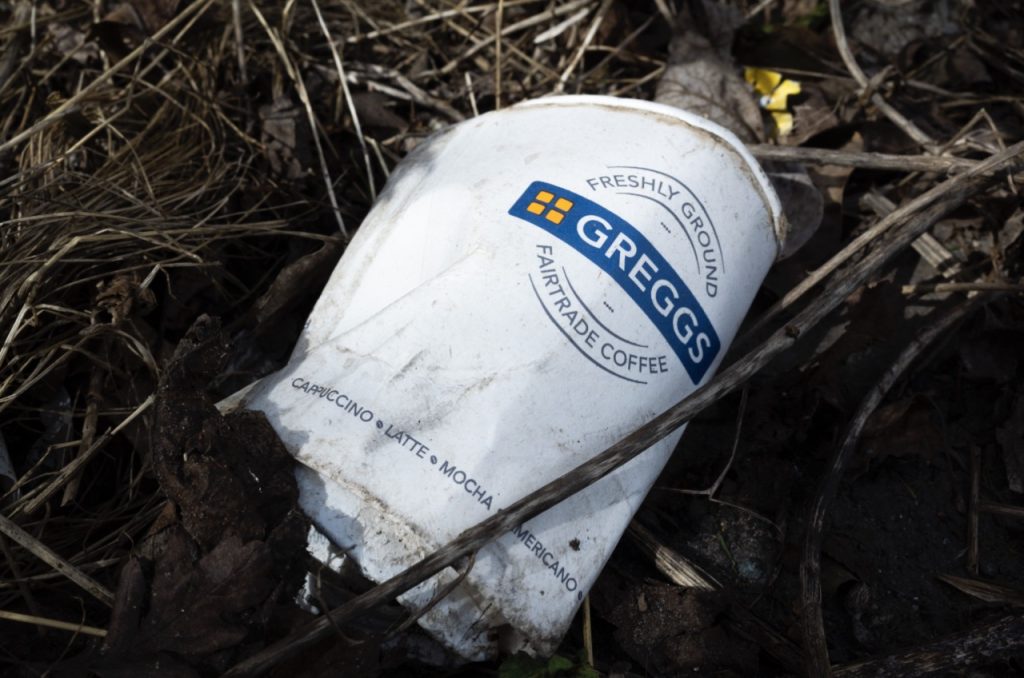
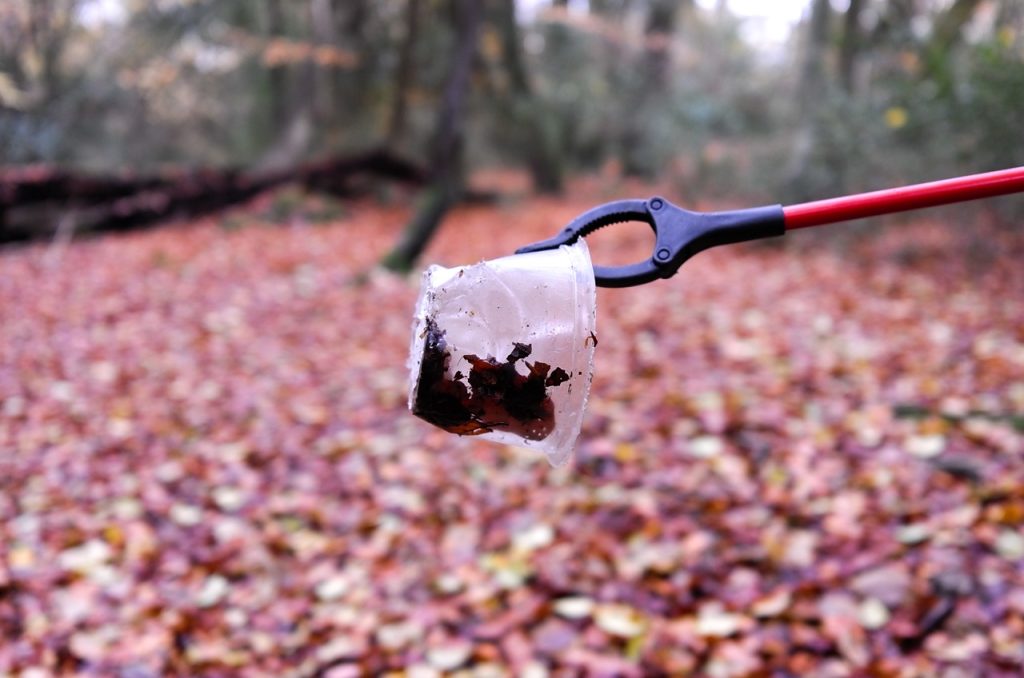
My local lane is a snapshot of a national problem. Even as the messages around the fragility of our planet grow ever more concerning, more drivers than ever are shrugging their shoulders and throwing their litter out of the window.
Last month, transport minister Richard Holden admitted almost 40 percent of roads managed by National Highways were graded below ‘B’ for litter, which basically means they’re a dump.
John Read is the founder of Clean Up Britain and says the group has been filming major roads to show people the scale of the problem: “The British public need to see what a disgusting, filthy, rancid country they live in. It’s really sad to say that but it’s true. And we seem to have lost our pride and respect in Britain.” Read’s right about that.

And the problem is, it’s a vicious cycle. Just as when you walk into a house with filthy floors and don’t bother taking your shoes off, when people see litter around them, they’re more tempted to throw their litter onto the pile.
There’s lots of talk around increasing the deterrent, with bigger fines for those caught, and the use of cameras and artificial intelligence to ‘police’ our motorways, spot litter louts, and issue fines.
Others advocate for community groups to ‘adopt a street’ and regular litter-picking clean-ups, the thinking being that clean streets deter litter. I’m not convinced.
So if we are doing a spectacularly bad job of educating people that littering should be as taboo as drink-driving, what’s the solution?
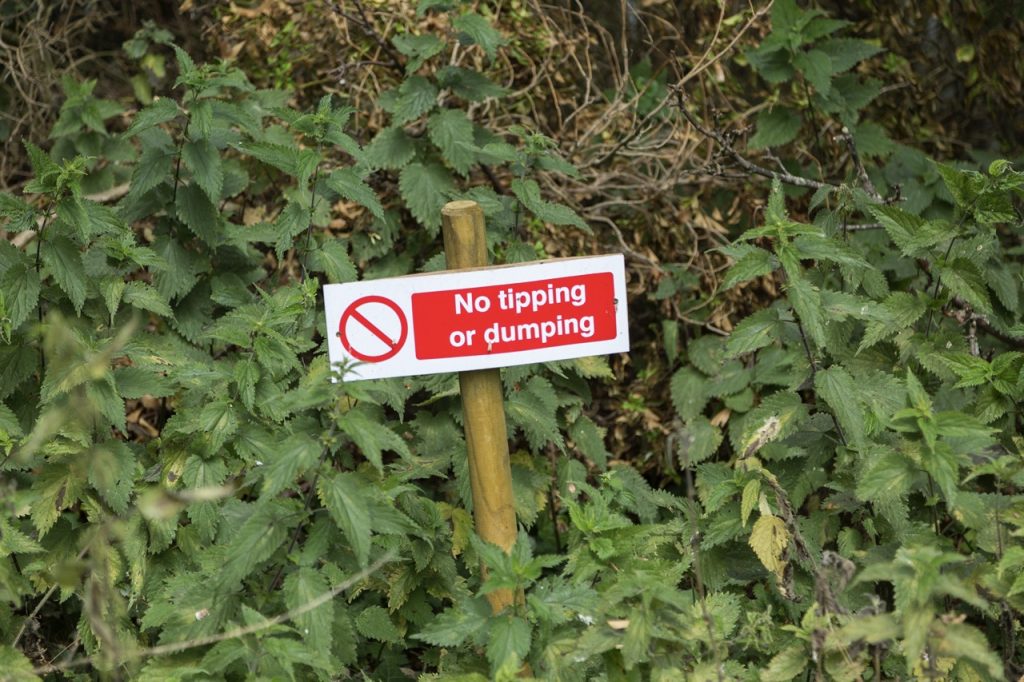
It’s time for local communities to fight back. Our village already has a Speedwatch group that helps to tackle the issue of drivers breaking the speed limit, so why not expand it to a Litterwatch group? Only, let’s make it more hardcore.
For starters, spotters armed with motion-sensitive cameras should be decked out in stealthy camouflage and webbing to merge into the countryside; a network of underground tunnels would allow them to pass unseen as they went about their duties labelling litter louts; and road blocks with checkpoints further up from spotters’ locations would see guilty parties hauled from their vehicles, dressed up as a fluorescent dustbin, frogmarched back along their route, and made to pick up the rubbish they tossed aside.
They’d then have to take their litter to a weighing station, and a fine would be issued of £1000 per 10 grams of rubbish. Then photos of the guilty party would be shared far and wide, tagged to all their social media accounts (which, by law, would be linked to your driving licence) and shown on super-size screens on the local high street, the school gates, corner shops, and Costa drive-throughs.
Obviously, I’m aware that’s harsh. Which is why it could be avoided by attending a week-long litter-awareness course, where offenders would have to spend wretched days at their nearest tip, separating Costa paper cups from their plastic lids and emptying dubious yellow liquids and slugs from the inside of cans and bottles.
Yes, it’s far-fetched. But nothing else is working, and our once-green and pleasant land is rapidly being turned into a giant rubbish tip, just because drivers can’t be bothered to bin their litter.
If you’ve got a better idea, let’s hear it.




